Platform: YouTube
On 15 April 2024 and 16 April 2024, a two-day online training program for teachers from schools affiliated with CBSE was organized jointly by CBSE and NCERT. The purpose of this program was to facilitate a seamless transition for teachers and students from old to new textbooks in classes 3 and 6. The program moderator extended a warm welcome to all participants attending a two-day online training program for teachers from CBSE-affiliated schools, jointly organized by CBSE and NCERT. She introduced Dr. Ram Shankar, Director of Training at CBSE Headquarters, who in turn welcomed Dr. Dinesh Prasad Saklani, Director of NCERT, along with distinguished guests such as Mr. Gupta, Secretary of CBSE, Mr. Anurag Bahar, Shri Manjul Bhargava, Prof. Ranjana Arora, Prof. Dr. Suniti Swar, Dr. Romila Bhatnagar, Dr. Atul Dubey, Dr. S. Banerjee, and other faculty members and experts from CBSE.
Professor Dinesh Prasad Saklani provided a concise overview of the books, emphasizing its child-friendly design to enhance the learning experience. He highlighted that the books were crafted with the NEP 2020 guidelines in mind, ensuring that children find joy and enthusiasm in their studies through these materials. He emphasized the crucial role that teachers will play in facilitating this transition, serving as the vital link between students, schools, and parents. The Continuous Professional Development (CPD) training is a pivotal component of this process. Teachers are entrusted with the responsibility of carrying this knowledge forward into classrooms, where they have the opportunity to make a significant impact on each child’s life.
Mr. Himasnshu Gupta, Secretary, CBSE spoke about the importance of Teachers Training. emphasized that Principals and Teachers should be familiar with the content developed by CBSE and understand the vision of NCF. He stressed upon the need for teachers to engage deeply with the content, take notes, discuss with colleagues, and innovate in their teaching methods to make classroom learning more enjoyable and inclusive for all students. The goal is to avoid a boring, one-size-fits-all approach and instead cater to the diverse levels and needs of students through engaging activities and strategies. He encouraged participation in training programs.
Mr. Anurag Bahar, a member of the NCF committee, emphasized that textbooks serve as facilitators in achieving learning outcomes. Each chapter and section is designed with specific learning objectives in mind, focusing on developing capacities and skills. He highlighted the alignment of these books with the National Curriculum Framework for School Education (NCFSE), stating that the decision to revamp textbooks for Classes 3 and 6 was driven by the need for curriculum alignment. Class 3 represents the preparatory stage, while Class 6 marks the beginning of the middle stages, necessitating an updated curriculum. These textbooks prioritize learning outcomes and are seen as windows to the outside world, offering valuable insights beyond just the content within them. Mr. Sandeep Jain, Joint Secretary CBSE Headquarters delivered a vote of thanks.
Professor Suniti Sangwal, Head of the Department of Elementary Education, along with Assistant Professor Mr. Neelkanth, introduced five books: Veena for Hindi, Santoor for English, Maths Mela for Mathematics, World Around Us for EVS, and Sitar for Urdu. Professor Neelkanth mentioned that we’re stepping into a new era of books characterized by vibrant covers and diverse themes. The more students engage with these books, the more enjoyable their learning experience becomes. These books are visually appealing, with child-friendly content that considers various aspects during their creation.
Prof. Neelkahnth highlighted different units in the Hindi book that help children learn about their surroundings in a playful manner. The books cover a wide range of topics from all corners of our country, promoting cultural awareness and unity in diversity. Emphasizing the importance of language skills, the speaker mentioned that a child’s ability to comprehend their environment contributes to the development of Listening, Speaking, Reading, and Writing (LSRW) skills. The poems included are relatable to children, and written in an easy-to-understand language, and the books offer a mix of short stories and poems for students to enjoy. Various exercises are designed with the child in mind, providing opportunities for them to express themselves. Grammar exercises related to each chapter are included to help enhance students’ language skills.
The English book is structured into four units: Picture Reading, Poetry, Prose 1, and Prose 2, each comprising three lessons. Picture reading encourages students to observe and interpret images, making connections to real-life situations or events. They can express their thoughts through spoken or written lines, fostering language development. The poetry section provides opportunities for critical thinking, relationship building, engaging in related activities, speaking, and learning grammar through various exercises. The prose lessons encourage students to think critically, practice speaking and listening skills, develop writing abilities, and engage in practical activities. The book also incorporates chapters on festivals, celebrations, art and craft activities, and themes related to national pride to instill patriotism among students.
The Urdu book discussed in the meeting is designed for schools where Urdu is the medium of instruction or is taught as a language. Dr. Chaman Ara explained the book “Sitar,” which is rooted in Indian culture and divided into themes.
Dr. Romila Bhatnagar, the coordinator and professor of the Department of Elementary Education, introduced the EVS book “The World Around Us” (TWAU). This book, based on NEP 2020 and NCFSE 2023, aims to evoke scientific temperament in students by encouraging them to learn from their surroundings. It is a textbook cum activity book divided into four units, each with three chapters. The book employs toy-based pedagogy and focuses on active participation, discussions, creativity, collaboration, and skills development.
“The World Around Us” allows children to explore and innovate, with each chapter starting with visuals to connect with the child. It includes inbuilt assessments, a variety of activities, simple language, and short sentences. The book emphasises active participation, discussion, creativity, collaboration, and skills development, promoting meaningful and engaged learning relevant to daily life. Mrs. Suniti Sangwan, Chairman of the Department of Elementary Education, reiterated that the transition between grades is smooth, ensuring continuity in learning.
Overall, the introduction of these new NCERT text books reflect a commitment to providing high-quality, engaging, and relevant learning experiences for students, aligning with the goals of the National Education Policy and the National Curriculum Framework.
Mathematics textbook highlights its key features and approach to teaching. It was emphasised that NCERT has brought out only four textbooks, namely Hindi, English, Mathematics, and EVS, focusing on a holistic approach to education.
Anup Kumar Rajput, the coordinator of the Mathematics textbook and Head of Publication at NCERT, explained the structure and content of the textbook. The content has been lowered to focus on the child’s learning at this stage. The book comprises 14 chapters, organised around five predominant themes: Number and Operations, Introduction to Fractions, Shapes and Spatial Thinking, and Measurement and Data. The chapter names are inspired by the environment to create a connection with students.
The textbook emphasises conceptual understanding, application of mathematics, inquiry-based learning, interdisciplinary connections, multiple representations, and contextualisation. Each chapter is designed to provide a comprehensive understanding of the concept in a contextualised manner.





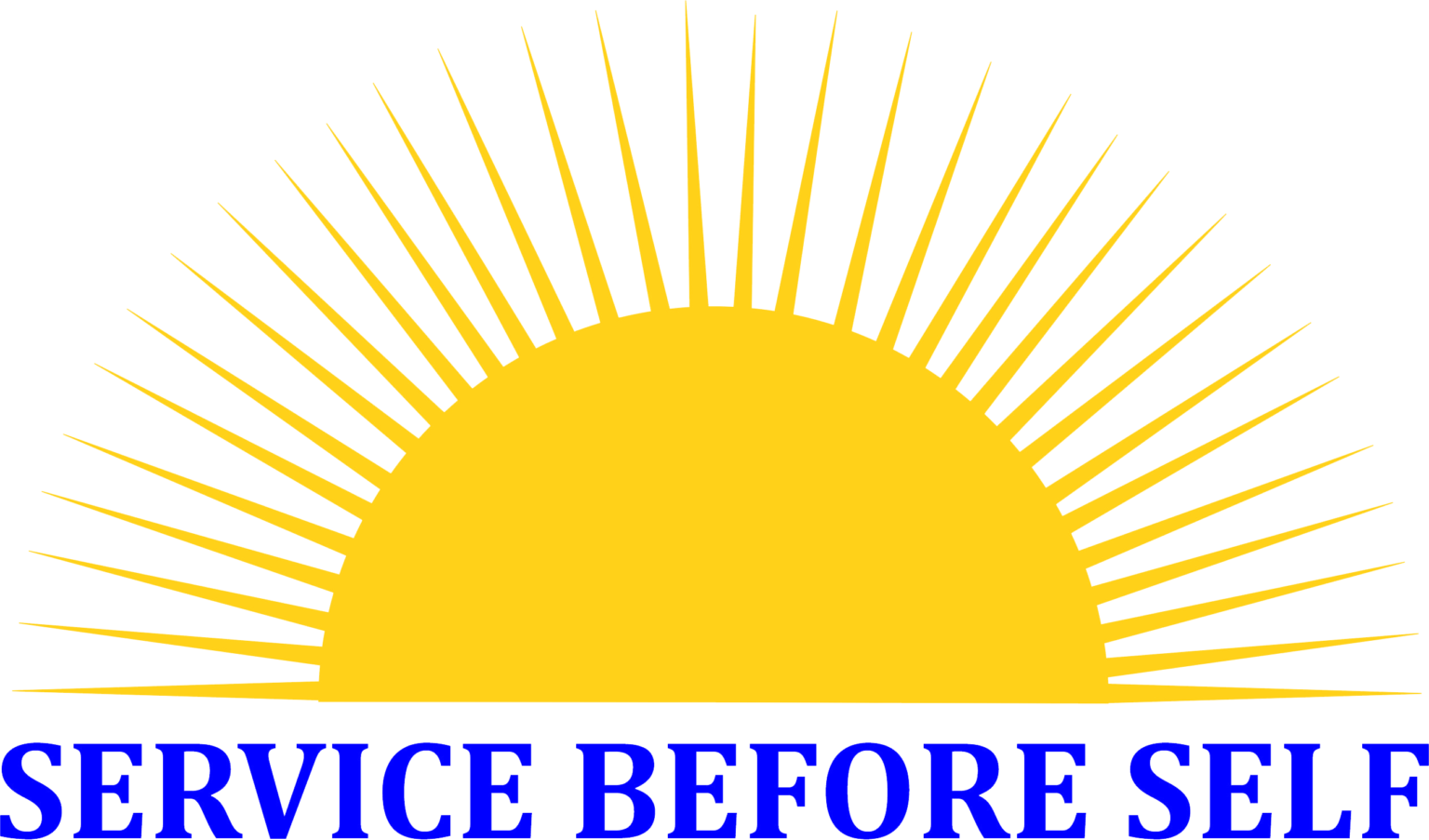






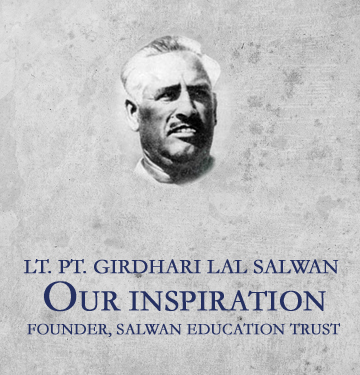





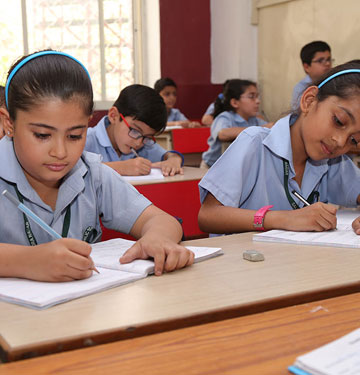





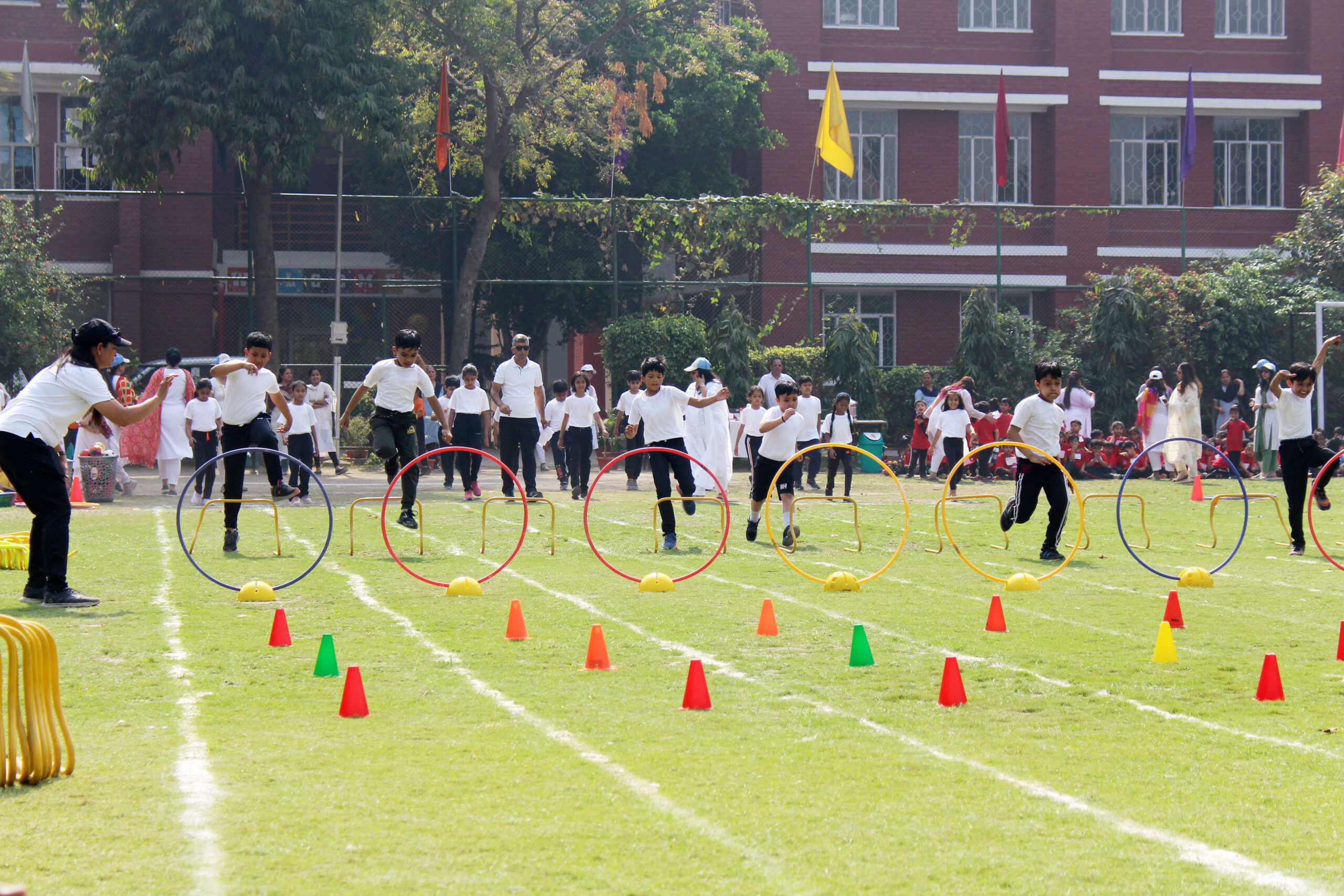

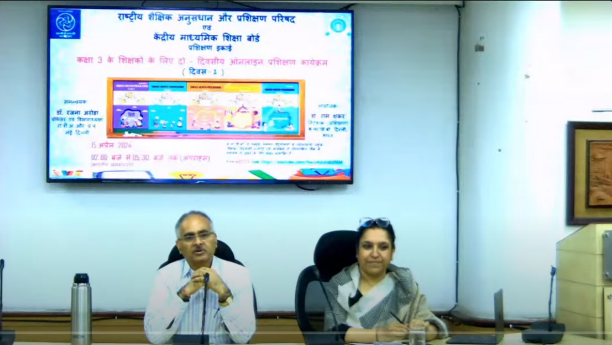




Leave a Reply